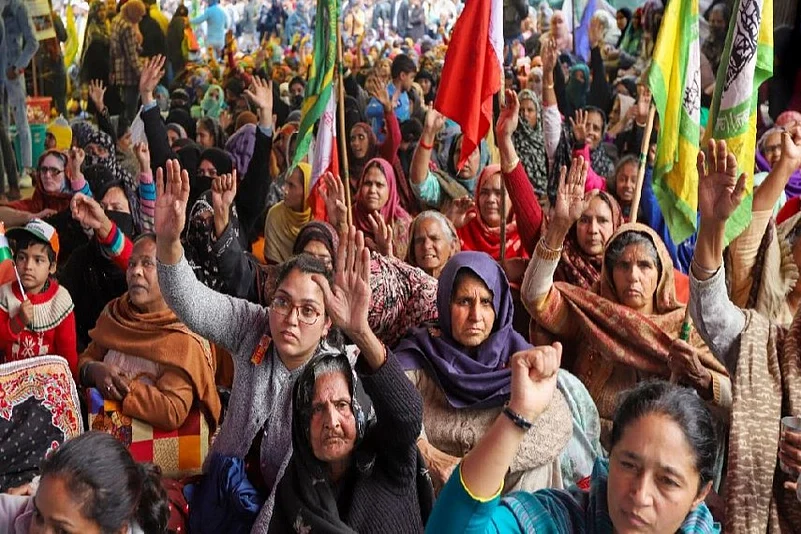After 3 years since it came into being leading to nationwide protests and subsequent disturbances, the petitions challenging Citizenship Amendment Act, 2019 will be heard by the Supreme Court from December 6 onwards.
While hearing a batch of petitions a bench led by Chief Justice of India Uday Umesh Lalit, comprising Justices S Ravindra Bhat and Bela M Trivedi today said that they are going to hear the petitions from December 6.
Court asks for compilation of the cases
The bench also deployed two nodal counsels who will be compiling all the relevant documents related to the cases.
It has named advocate Pallavi Pratap, the counsel for Indian Union Muslim League (IUML) and Kanu Agarwal (Central Government Counsel) as the nodal officers for the compilation.
Advertisement
Referring to the multiple views that the batch of petitions represent, the bench said, “Having noted that there are various pleas projecting multiple views, resolution of entire controversy can be achieved if two or three matters are taken as lead matters and convenience compilations of all counsels are prepared well in advance. this will make proceedings convenient.”
The bench also asked the nodal officers to share the compilation with all the advocates of the litigants who have stake in it and “designate one or two other matters as lead matters keeping in mind geographical/religious classification.”
The top court has also asked the state governments of Assam and Tripura to separately file their responses within two weeks in the matters that specifically concern them. The court was hearing 232 petitions filed by different organisations including Assam Students Union (AASU) challenging the constitutional validity of CAA. Congress leader Jairam Ramesh, RJD leader Manoj Jha, Trinamool Congress MP Mahua Moitra and AIMIM leader Asaduddin Owaisi have also filed petitions on this issue.
Advertisement
Centre seeks dismissal of the petitions
Earlier, while submitting its 150 pages’ affidavit the centre sought the dismissal of the petitions. Upholding the rights of the centre under article 245 (1) to make rules for any state of the country, it said that the issues of policy domain cannot be challenged in a court of law.
Ruling out the claims that it may enhance the illegal migrations to Assam and other regions, it said, “These migrants are already living in India. The Amendment Act does not have any provision which provides for the grant of citizenship to such migrants who would have come after December 31, till date or on any future date. It is respectfully submitted that the CAA, 2019 does not in any way encourage illegal migration into Assam.”
“It is further submitted that this is a focused law that has a specific cut-off date of December 31, 2014. Therefore, only such migrants belonging to the six specified communities from the three countries who had entered into India on or before December 31, 2014 will be covered by the provisions of this Amendment Act,” it added.
It noted that CAA doesn’t encourage any illegal migration and pointed out that the amendment also took into consideration the separate cultural identity of several regions protected under the sixth schedule of the constitution.
The MHA response referred to the exception given to the areas of Assam, Meghalaya, Mizoram or Tripura as included in the Sixth Schedule to the Constitution and the area covered under "The Inner Line" notified under the Bengal Eastern Frontier Regulation, 1873 and added, “There is no provision in CAA which would affect the distinct language, script or culture of citizens of Assam and other North-Eastern States.”
Advertisement
Centre also clarified that CAA will not only be implemented in Assam and will be imposed on the rest of the country as well. The top court sought the response from the centre by the second week of January 2020.




















